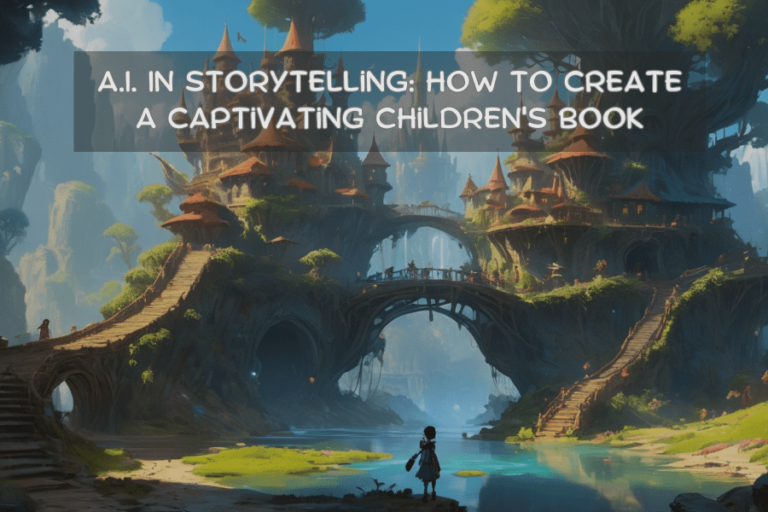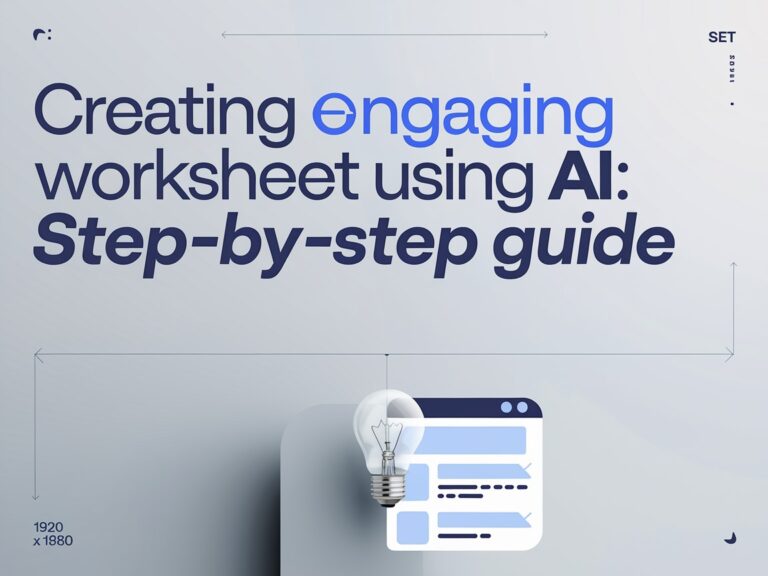Manifesting with AI: How ChatGPT is Revolutionizing Visualization and Affirmations
AI Chatbots as Modern Manifestation Tools on TikTok & other social media
AI chatbots, particularly ChatGPT, are emerging as novel tools for manifestation, gaining traction on TikTok. Users are leveraging AI for visualizations, affirmations, and reshaping negative beliefs, thus incorporating technology into their manifestation practices.

Manifestation Basics and Trends
Manifestation is the concept that one can shape their reality through focused thoughts and intentions. This belief gained popularity on social media during the pandemic, and TikTokers have found innovative ways to integrate AI into their traditional manifestation routines. Techniques such as visualizations, vision boards, positive affirmations, and rewriting negative beliefs are being enhanced with the help of AI chatbots.
Empowerment Coach’s Approach
Chloe DeChelle, a 32-year-old empowerment coach, has embraced this trend. She seeks new methods to teach manifestation to diverse audiences. Inspired by “BookTok,” where users create personalized stories, DeChelle began using ChatGPT to craft tailored visualizations for her clients. This approach saves time and adds detail to their manifestations, enhancing the overall experience.
Personalized Manifestation Stories
DeChelle’s clients have reported that ChatGPT’s responses often include surprisingly accurate details about them, fostering a sense of spiritual interaction. While this might be AI’s pattern recognition at work, it adds a layer of personal connection for users.
TikTok Users and Vision Boards
Lisa Van Meurs, a 26-year-old from Barcelona, uses ChatGPT for creating vision boards and story prompts. Before using AI, her goals shifted frequently, making manual story rewrites cumbersome. With ChatGPT, she finds a more consistent and detailed manifestation experience.
Daily Practices Enhanced by AI
Britta Stevenson, a 29-year-old TikToker, integrates ChatGPT into her daily meditation and journaling sessions. She uses the chatbot to help rewire limiting beliefs and analyze her written visions, identifying themes and obstacles. ChatGPT then offers counterexamples to her fears, aiding her in overcoming content creation anxiety. Users like Stevenson often refer to the chatbot as a “bestie” or “mentor” due to its adaptable and supportive responses.
Clinical Insights and Ethical Considerations
Clinical psychologist and manifestation expert Anna Kress acknowledges AI’s potential to enhance manifestation practices, especially for those struggling with creativity or visualization. However, she warns of the ethical and mental health risks associated with overreliance on AI. Sharing personal information without consent and using AI to simulate interactions with others can blur ethical boundaries and affect mental well-being.
Kress advises using AI as a supplement rather than a replacement for personal reflection and inner work. For instance, ChatGPT can generate journal prompts, but the user should independently reflect on their responses to gain genuine insights.

Conclusion
AI chatbots like ChatGPT are reshaping the landscape of manifestation practices, offering personalized and detailed support. While they present exciting opportunities for enhancing visualization and affirmation techniques, users should remain mindful of ethical implications and prioritize personal reflection. By balancing AI assistance with inner work, individuals can harness the full potential of both technology and self-awareness in their manifestation journeys.





